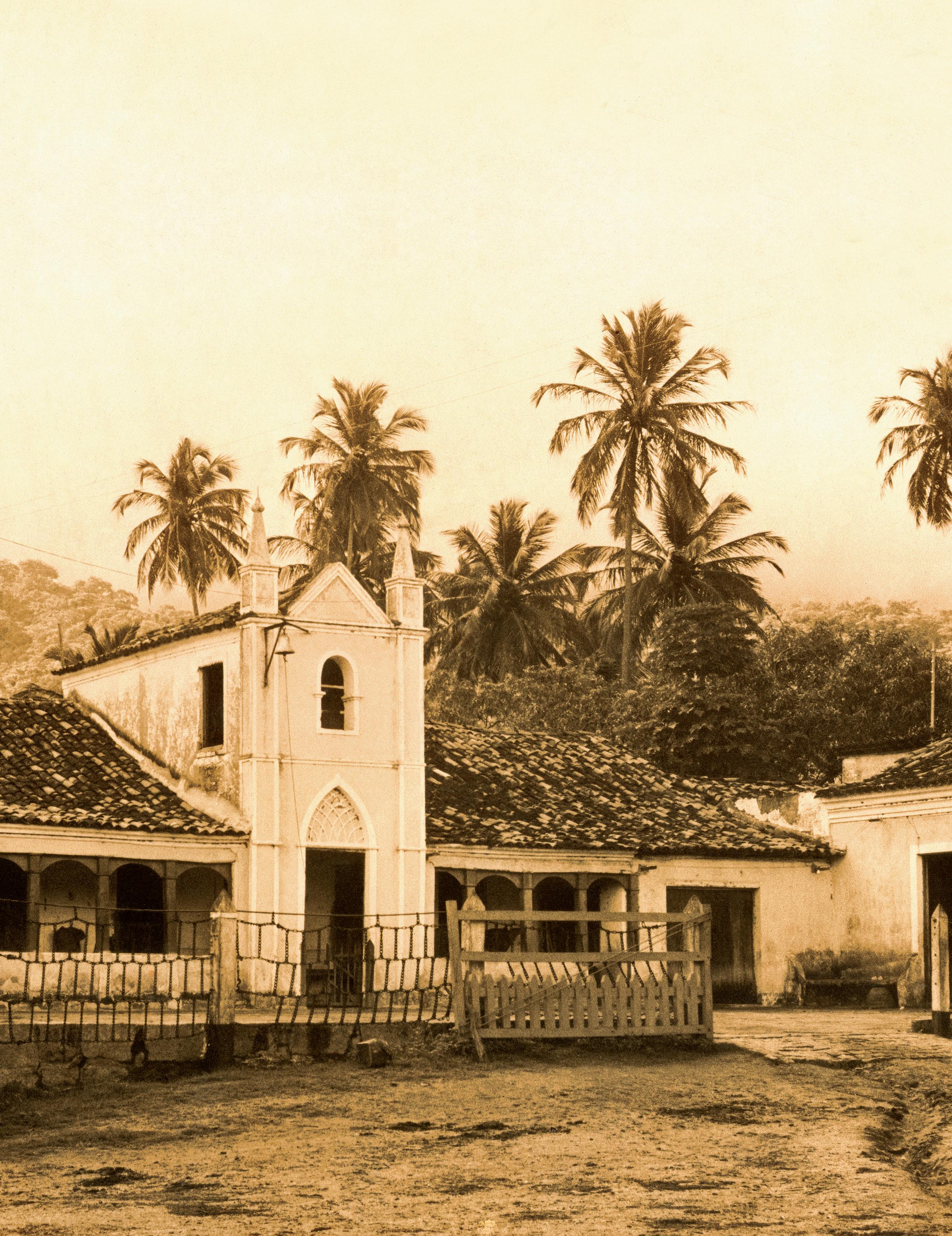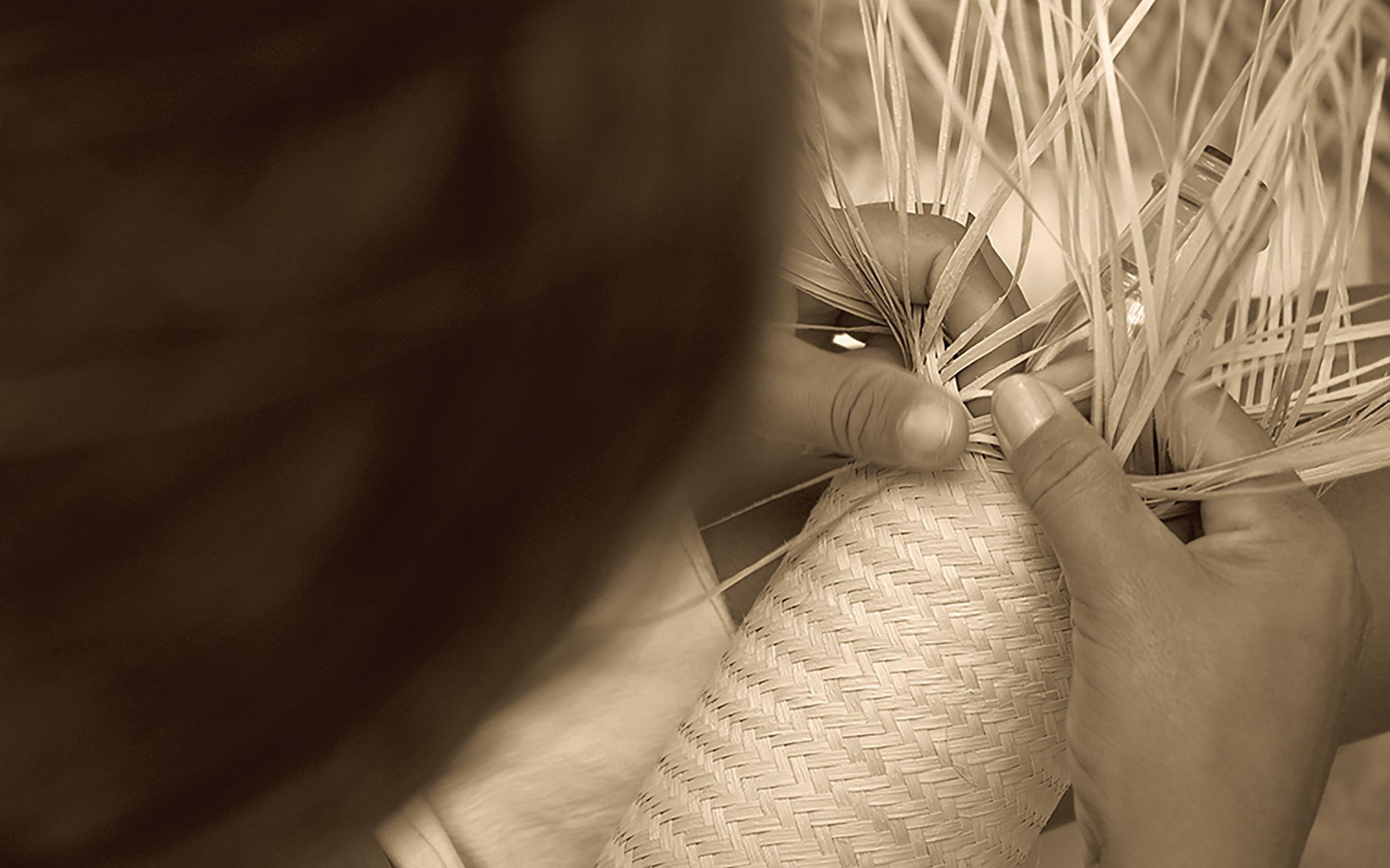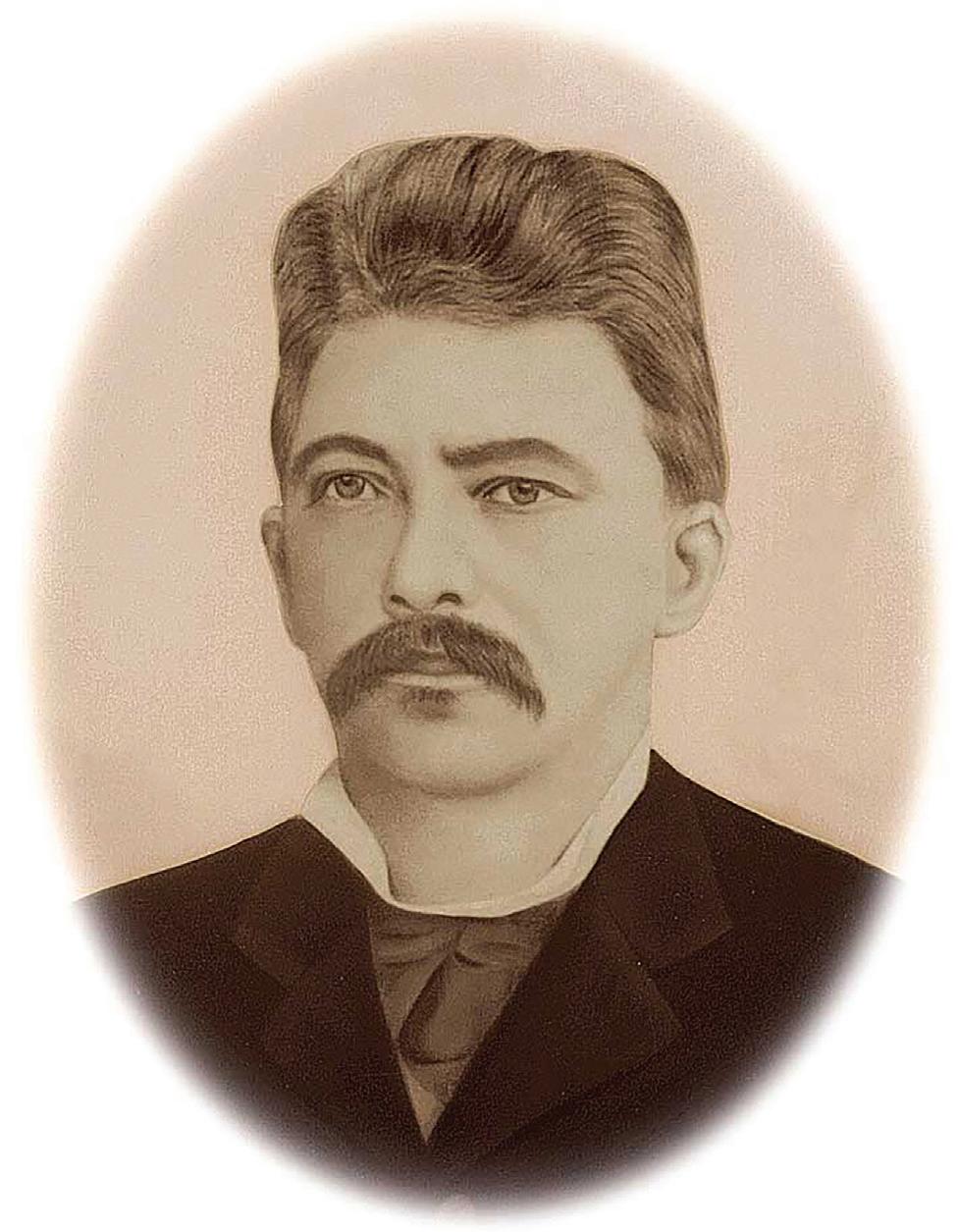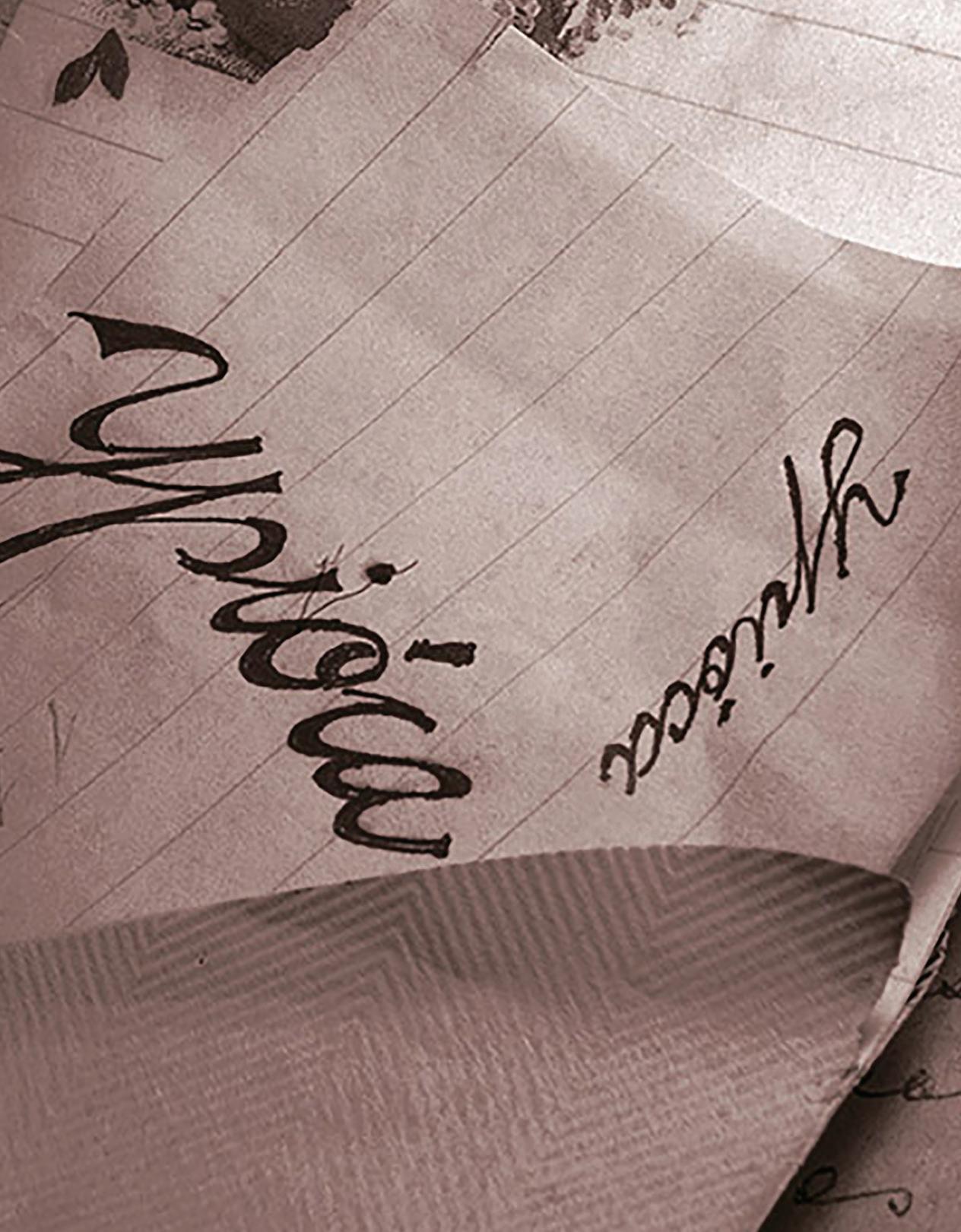
3 minute read
Ypióca
- FORTALEZA, BRAZIL -
THREE AUTHENTIC EXPRESSIONS OF CACHAÇA FROM BRAZIL’S OLDEST DISTILLERY
Advertisement
FROM PORTUGAL TO BRAZIL | The story of Ypióca began in 1843, when Dario Telles de Menezes, who would go on to found the Ypióca Group, landed in Fortaleza, Brazil. He had traveled from Portugal, and ended up settling in Maranguape, near Fortaleza.
His original intention was to farm sugarcane, but the farming business proved challenging and Menezes turned his focus to distillation. Three years later, the first Ypióca Cachaça was distilled and Ypióca was founded, making it the oldest Brazilian brand still in operation.
The name Ypióca comes from the indigenous Tupi-Guarani language, and translates to “red earth,” alluding to the fertile soil conducive to farming cane sugar.
THE NEXT GENERATION | Menezes ran the company until 1895, when his son Dario Borges Telles took control. Telles passed away at a relatively young age, and his widow, Eugenia Menescal Campos, took control of the estate. Campos would famously create the Ypióca logo, which she drew by hand.
Campos ran the company until 1924, when her son Paulo Campos Telles assumed control, and barrel maturation using local balsam wood barrels was incorporated into the production process.
Another big innovation Telles introduced at Ypióca was offering the cachaça in one liter glass bottles, which were hand-covered in carnauba straw, a practice that continues to this day.
YPIÓCA TODAY | Paulo Campos Telles ran the company until 1970, when his son Everardo Telles took over. Acknowledging Ypióca’s contribution to the cachaça industry and Brazil, Everardo Telles opened the Cachaça Museum in 2000 at the first Ypióca headquarters in Maranguape.
The Ypióca story continues to evolve and advance. In looking to the future, Ypioca maintains a strong focus on environmental sustainability.
Ypióca owns and manages its own sugar plantations, allowing the company to choose varieties of sugarcane to complement various types of soil, and till the land with an eye toward soil preservation rather than maximum yield. Not letting any part of the process go to waste, Ypióca’s spent sugarcane becomes recycled cardboard boxes in which the product is shipped.
YPIÓCA BRASILIZAR CACHAÇA PRATA CLASSICA Crystal is distilled in a column still from fresh pressed sugarcane juice. The sugarcane comes from Ypióca-owned sugar fields and is aged for one year in Brazilian freijó wood vats. 40% ABV
GREAT VALUE | Ultimate Spirits Challenge 2014
YPIÓCA BRASILIZAR CACHAÇA PRATA RESERVA ESPECIAL Cachaça distilled from fresh pressed sugar cane and aged for two years in Brazilian freijó wood vats. Each bottle is handwoven in carnauba palm, a tree indigenous to northeastern Brazil. 40% ABV
90 POINTS | Ultimate Spirits Challenge 2014 92 POINTS | Wine Enthusiast
YPIÓCA BRASILIZAR CACHAÇA OURO RESERVA ESPECIAL Cachaça distilled from fresh pressed sugar cane and aged for two years in balsam wood vats. Each bottle is hand-woven in carnauba palm, a tree indigenous to northeastern Brazil. 40% ABV
GOLD MEDAL | New York World Wine & Spirits Competition 2017 90 TO 95 POINTS | Wine Enthusiast
I SUGGEST USING, IF YOU CAN FIND IT, AN OLD-WORLD ARTISANAL-STYLE CACHAÇA SUCH AS YPIÓCA
– Dale Degroff from The Essential Cocktail: The Art of Mixing Perfect Drinks -



TOP | Carnuba straw is still woven by hand around bottles of Ypióca cachaça BOTTOM LEFT | A portrait of Ypióca founder Dario Telles de Menezes, who traveled from Portugal to Brazil in 1843 with business aspirations BOTTOM RIGHT | The original Ypióca logo, which was hand-sketched on paper by Eugenia Menescal Campos, widow of Ypióca founder Dario Telles de Menezes










